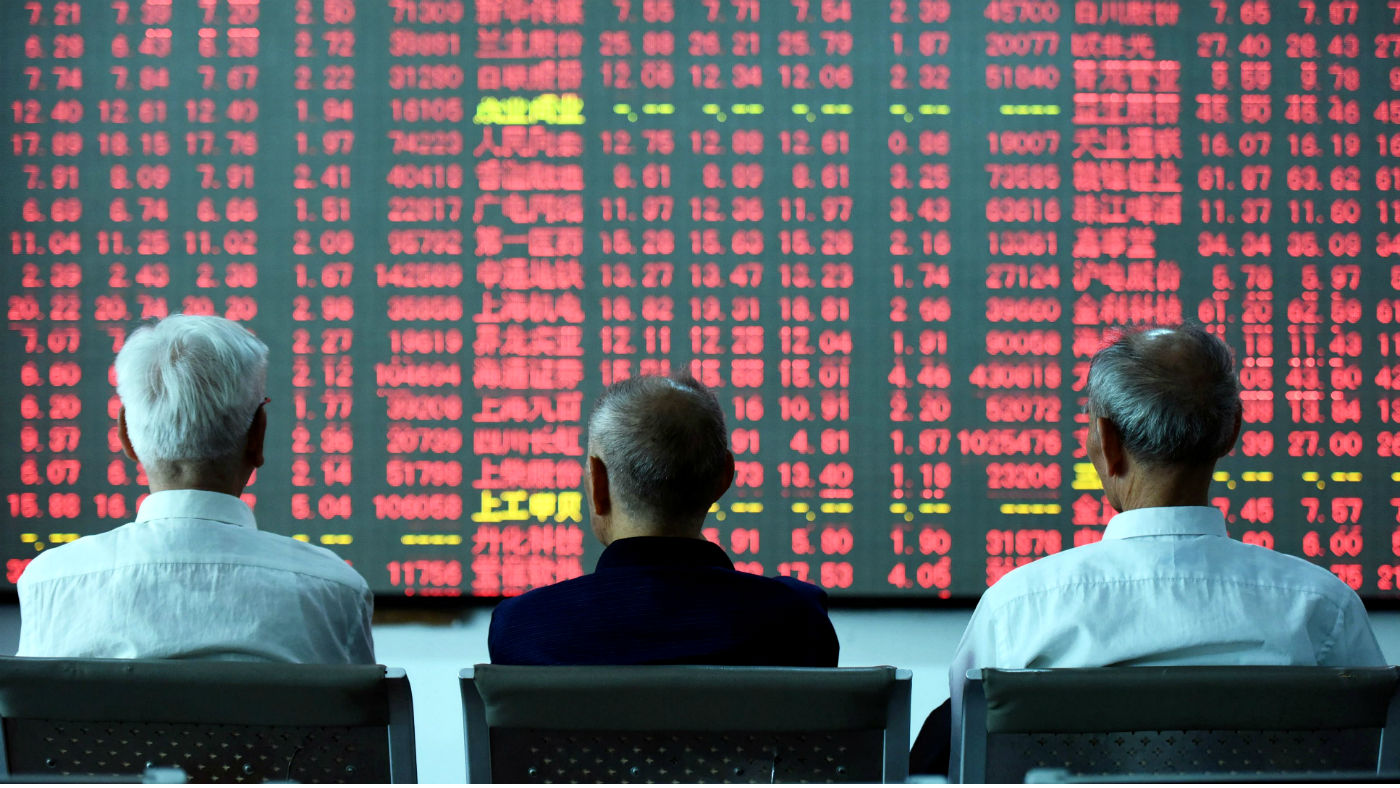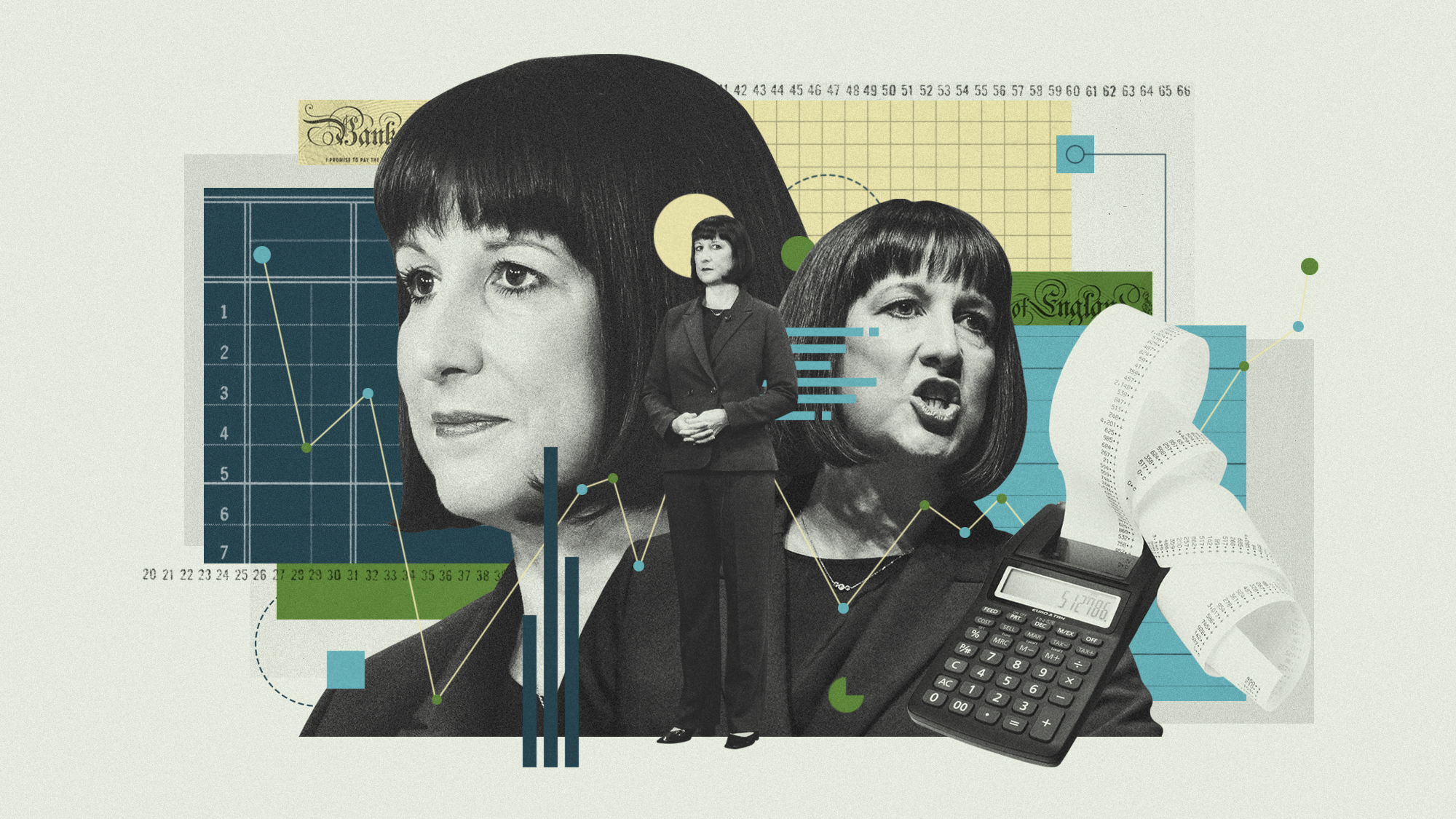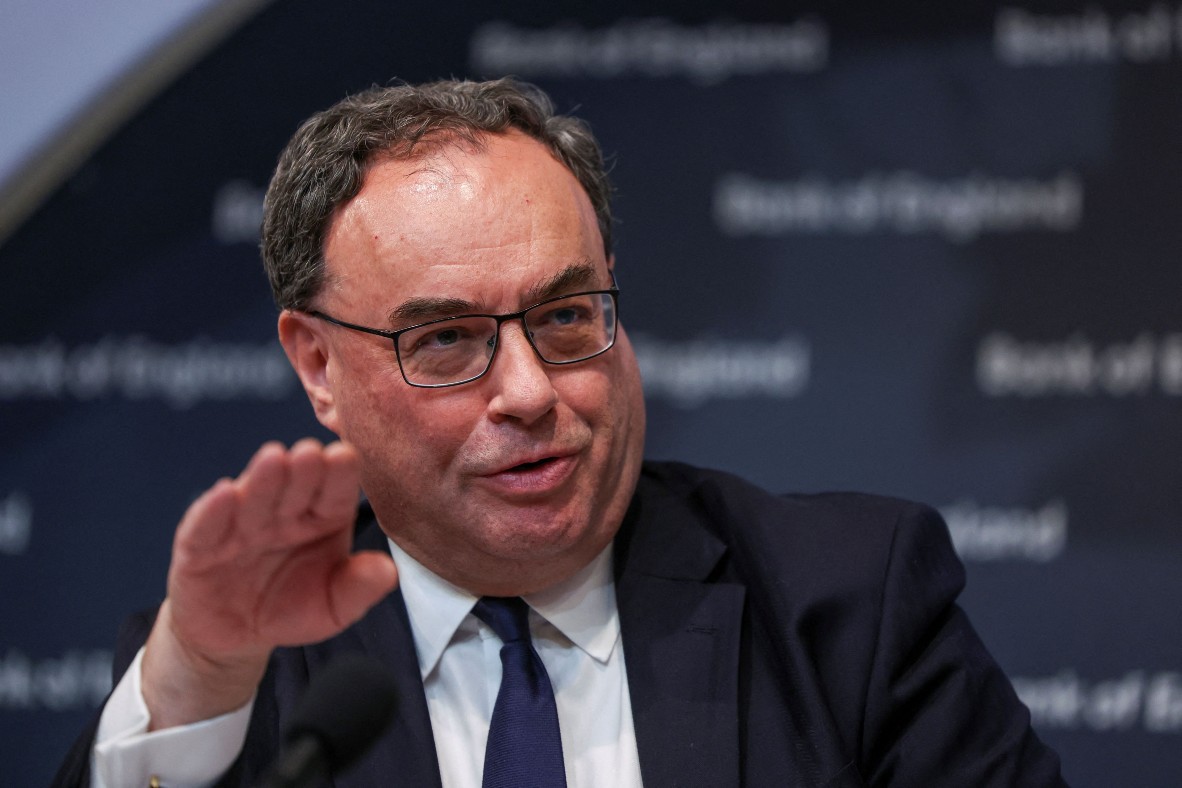Is China’s 6.9% GDP growth genuine?
Growth last year beat official expansion targets but fears persist all is not what it seems

A free daily email with the biggest news stories of the day – and the best features from TheWeek.com
You are now subscribed
Your newsletter sign-up was successful
China’s GDP grew by a massive 6.9% last year, beating Beijing’s official expansion target and delivering the first year-on-year growth increase in seven years.
Despite this, fears persist all is not what it seems in the world’s second largest economy.
China is a key driver of the global economy and so the better-than-expected data is likely to cheer investors around the world. But the BBC says “many China watchers believe the GDP numbers are much weaker than the official figures suggest” and cites recent admissions by the local governments of Inner Mongolia and the large industrial city of Tianjin that their economic numbers for 2016 were overstated.
The Week
Escape your echo chamber. Get the facts behind the news, plus analysis from multiple perspectives.

Sign up for The Week's Free Newsletters
From our morning news briefing to a weekly Good News Newsletter, get the best of The Week delivered directly to your inbox.
From our morning news briefing to a weekly Good News Newsletter, get the best of The Week delivered directly to your inbox.
Questioning whether the latest GDP growth data can be trusted, the BBC’s China Correspondent, Robin Brant, said: “China's figures can be so stable, so in line with government targets, that it’s hard to really believe them.”
This is worrying for investors and global markets given China’s importance to the world economy.
“High growth has also come at a high price” domestically, says The New York Times, citinig “rising borrowing that has triggered downgrades of China’s sovereign debt rating by credit agencies; severe pollution of China’s air, water and soil; and persistent social problems associated with the movement of tens of millions of workers to cities”.
The ballooning debt, estimated by the IMF as equivalent to 234% of total output, has led to efforts to rein-in riskier forms of borrowing.
A free daily email with the biggest news stories of the day – and the best features from TheWeek.com
The Financial Times warns that “the trade-off between growth and de-leveraging will get tougher this year”.
A slowing property market and tighter controls on local-government infrastructure spending combined with harsh measures to tackle the country’s growing air quality problem could result in a drop in economic growth in 2018 as the authorities shift attention from GDP growth and move to improve banks’ finances.
-
 6 exquisite homes with vast acreage
6 exquisite homes with vast acreageFeature Featuring an off-the-grid contemporary home in New Mexico and lakefront farmhouse in Massachusetts
-
 Film reviews: ‘Wuthering Heights,’ ‘Good Luck, Have Fun, Don’t Die,’ and ‘Sirat’
Film reviews: ‘Wuthering Heights,’ ‘Good Luck, Have Fun, Don’t Die,’ and ‘Sirat’Feature An inconvenient love torments a would-be couple, a gonzo time traveler seeks to save humanity from AI, and a father’s desperate search goes deeply sideways
-
 Political cartoons for February 16
Political cartoons for February 16Cartoons Monday’s political cartoons include President's Day, a valentine from the Epstein files, and more
-
 French finances: what’s behind country’s debt problem?
French finances: what’s behind country’s debt problem?The Explainer Political paralysis has led to higher borrowing costs and blocked urgent deficit-reducing reforms to social protection
-
 Why Spain's economy is booming
Why Spain's economy is boomingThe Explainer Immigration, tourism and cheap energy driving best growth figures in Europe
-
 'Super Mario' to the rescue: can Draghi fix Europe's economy?
'Super Mario' to the rescue: can Draghi fix Europe's economy?Today's Big Question Former central bank boss calls for more innovation and investment – but faces 'too many moving parts for a straightforward fix'
-
 Is the UK economy returning to normal?
Is the UK economy returning to normal?Today's Big Question Tories claim UK has 'turned a corner' while Labour accuses government of 'gaslighting' public
-
 Securonomics: what is Rachel Reeves' economic plan and will it work?
Securonomics: what is Rachel Reeves' economic plan and will it work?The Explainer Focus on economic security and the resilience of industry in an uncertain world is 'key to growth', say Labour
-
 Has life in Russia regressed since the Ukraine invasion?
Has life in Russia regressed since the Ukraine invasion?Today's big question The 'war economy' has defied Western sanctions as ordinary citizens rally round the regime
-
 What’s causing China’s deflation crisis?
What’s causing China’s deflation crisis?Today's Big Question Stalling post-pandemic recovery and weakening demand for exports could lead to growth spiral
-
 Sticky inflation and sluggish growth: why does UK economy continue to struggle?
Sticky inflation and sluggish growth: why does UK economy continue to struggle?Today's Big Question Food prices, Brexit and the Bank of England have been blamed for poor economic performance